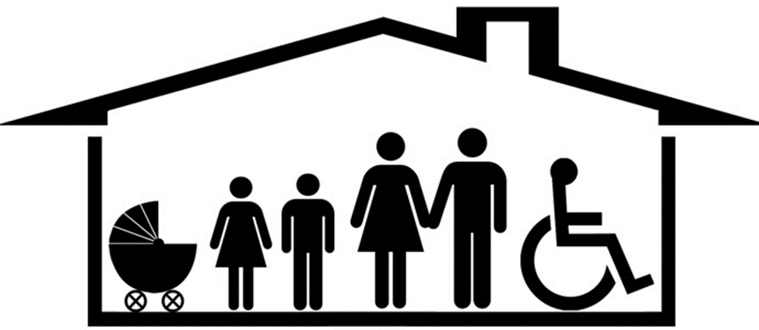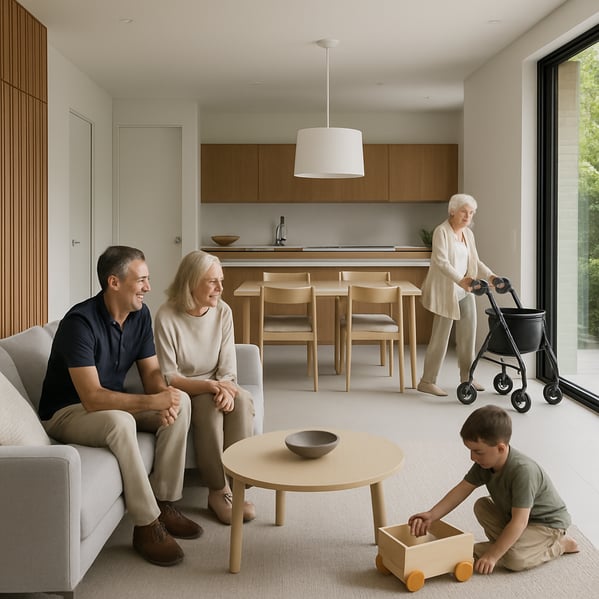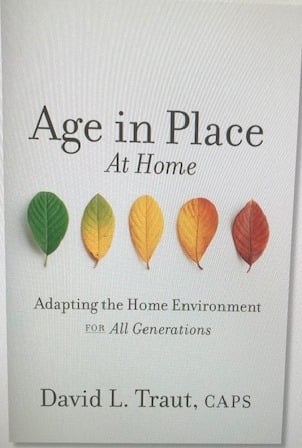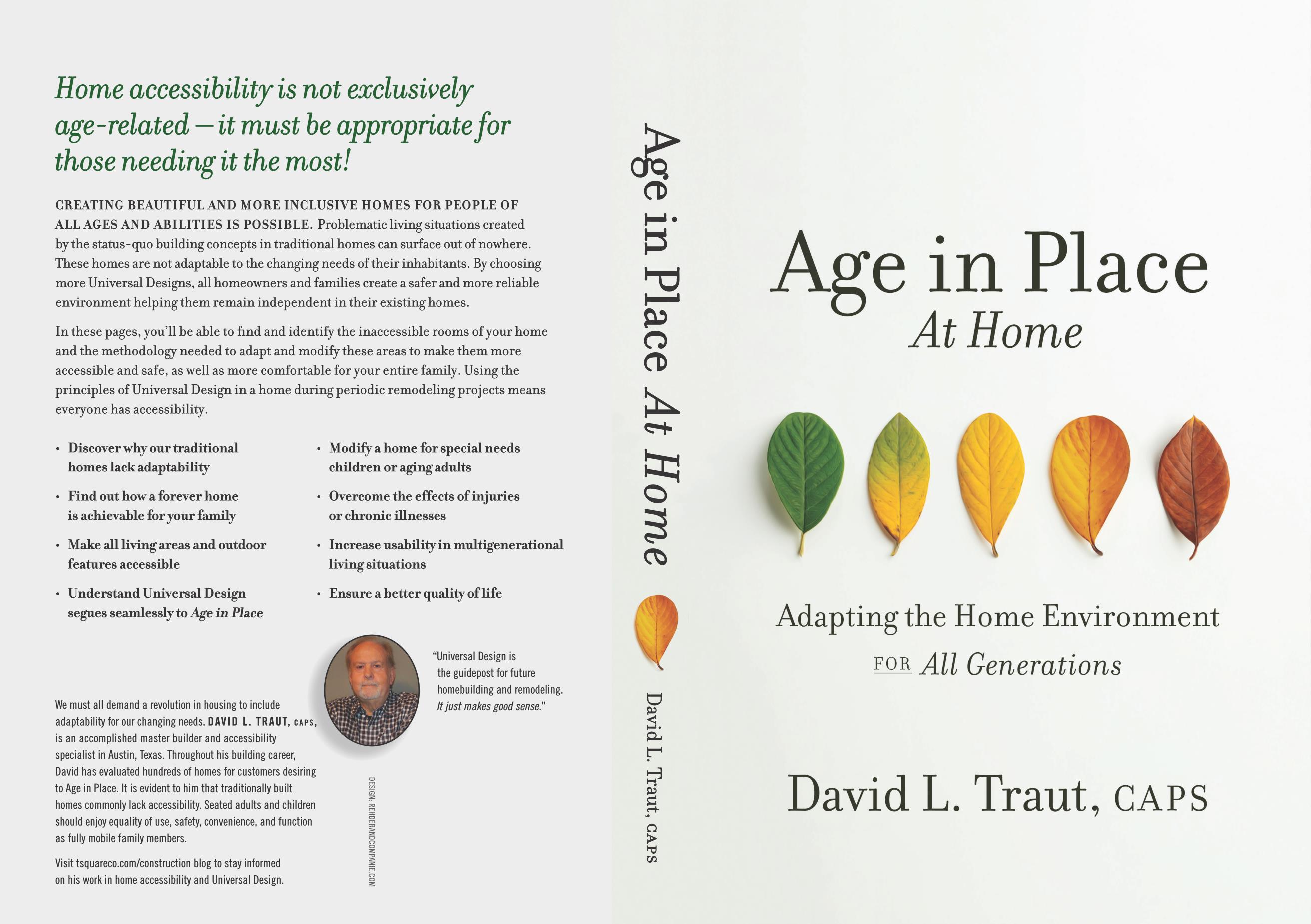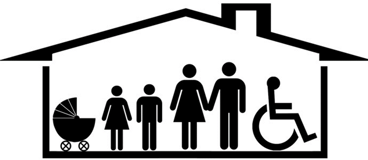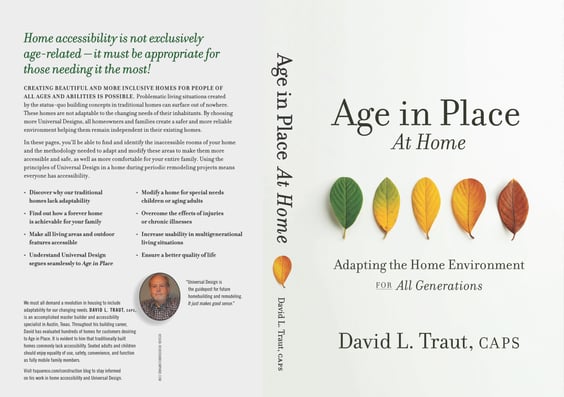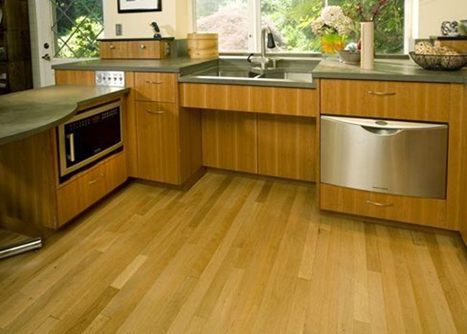General Background Knowledge
Disability is a complex phenomenon — it represents the interaction between a person’s physical abilities, the activities they need to perform, and the architectural barriers within their surroundings. Each person experiences this differently.
Two individuals with the same impairment may describe their challenges in completely different ways. For example, a person who is blind experiences the world very differently than someone who is deaf.
According to national statistics, 19% of adults ages 16–64 and 42% of adults over 65 have a physical disability that affects daily living. These numbers remind us that accessibility isn’t just a senior issue — it’s a universal human need.
Designing Homes for All Ages and Abilities
The reality of disability applies not just to older adults but also to children and individuals with special needs. The building industry must work together to ensure that all homes meet essential needs of safety, affordability, and durability.
A truly accessible home should support:
-
Privacy
-
A sense of belonging
-
Personal control
-
Safety and security
These four pillars form the foundation of quality of life — and they are central to every barrier-free design.
The Hidden Barriers in Traditional Homes
Most traditional homes are filled with obstacles that make life difficult for anyone with mobility challenges. These problems become especially evident when a walker or wheelchair is introduced.
Common barriers include:
-
Steps at entrances without ramps
-
Narrow doorways and tight hallways
-
Cramped bathrooms and difficult fixture layouts
-
Kitchens that lack reach range or maneuvering space
-
Door hardware requiring grip strength or fine coordination
These architectural limitations can make a home feel more like a barrier than a refuge.
A Completely Accessible Bathroom Incorporating the Elements of Universal Design
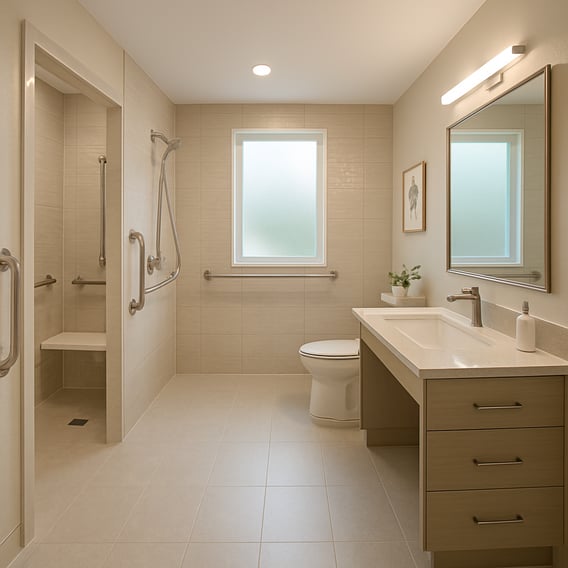
How Does Universal Design Work to Change Everything?
Home accessibility has evolved far beyond grab bars and ramps. But what is universal design? Today’s Universal Design integrates accessibility into the home’s structure and aesthetics — invisibly and beautifully.
The concept of Universal Design focuses on creating environments, products, and spaces that are usable by as many people as possible, regardless of age, ability, or situation — all without the need for later adaptation.
When done right, Universal Design/Build ideas include:
-
Greater safety for all ages
-
Enhanced independence
-
Timeless beauty and comfort
-
Inclusive usability that doesn’t “look” institutional or medical
Universal Design ensures that homes evolve with their residents — making it possible to age gracefully and confidently in place.
Accessible Home Solutions in Austin, Texas
For homeowners in the Austin area, T-Square Company provides over 30 years of experience in accessibility remodeling and barrier-free home design.
T-Square Company specializes in custom solutions such as:
-
Wider doorways and hallways
-
Roll-in showers and accessible bathrooms
-
Barrier-free kitchens
-
Ramped or zero-threshold entries
-
Stair lifts, elevators, and vertical platform lifts
-
Fully accessible living spaces tailored to your abilities
Every design begins with a deep understanding of each client’s specific needs — resulting in homes that are safer, more functional, and more enjoyable.
About David L. Traut, CAPS
David L. Traut, CAPS, owner and president of T-Square Company in Austin, Texas, is part of an elite group of professionals nationwide to earn the Certified Aging in Place Specialist (CAPS) designation.
Developed through the National Association of Home Builders (NAHB) and AARP, this certification recognizes remodelers and builders trained to address the unique needs of aging adults and individuals with disabilities.
David is also certified in Universal Design in both the United States and Australia. Drawing on decades of experience, he authored Age in Place at Home: Adapting the Home Environment for All Generations, a comprehensive guide that takes readers through every room of the home, showing how to improve safety, accessibility, and comfort.
Bringing Accessibility Home
Nearly every existing home can be adapted to meet evolving physical needs. With the right design and planning, families can continue to live comfortably and independently in the place they love most — their home.
By following the principles in Age in Place at Home, you can enhance both your safety and quality of life.
It just makes good sense.
Call to Action
🏡 Ready to make your home safer, more accessible, and future-ready?
Contact T-Square Company, Austin’s Certified Aging in Place experts, to begin your accessible remodeling journey today.
📞 Call 512-444-0097 | 🌐 www.tsquareco.com


